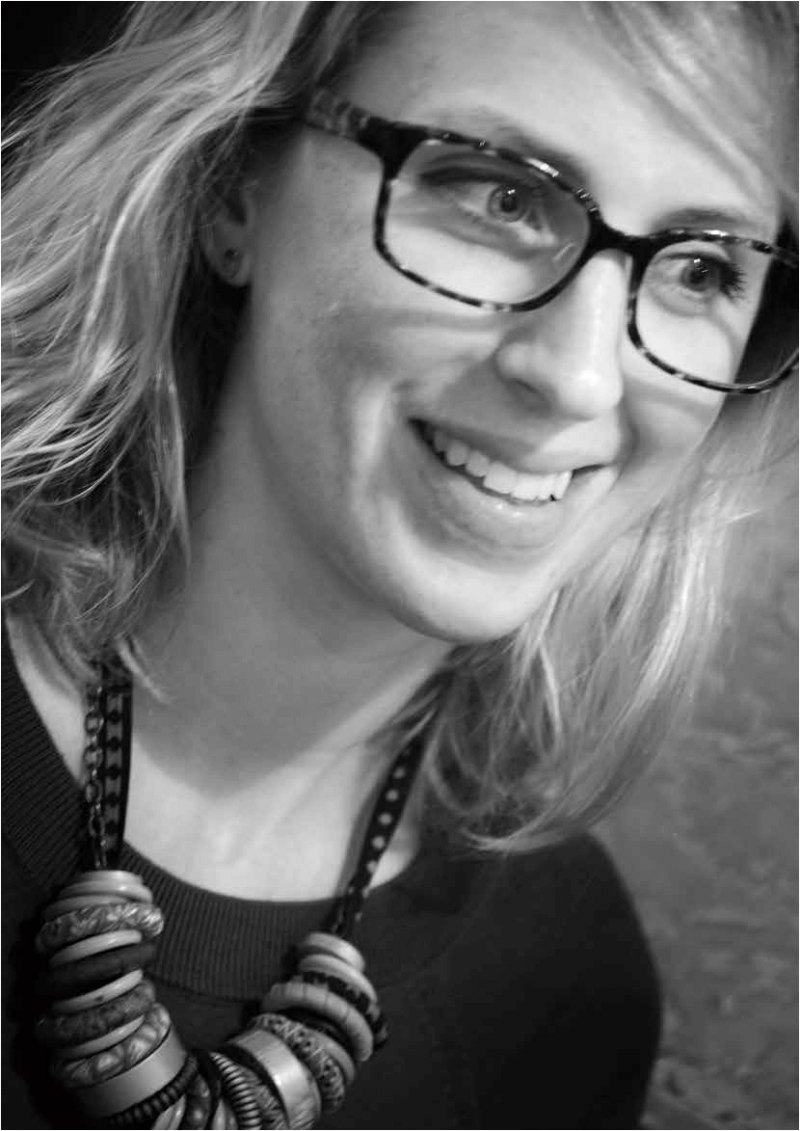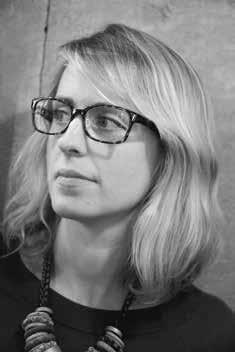Issue:

Lucy Alexander
by TYLER ROTHMAR
Lucy Alexander is a freelance journalist who writes to bring Japan just a little bit closer to readers in the West.
She was born to a Scottish mother and an English father in Stirling, Scotland, and moved to St. Andrews, where she grew up the eldest of three. “I should clarify that I consider myself Scottish,” she says. “But that’s not how I was perceived at school.”
She applied to Scottish universities with friends but settled on Oxford, where she read English literature in the academic sense, beginning with Beowulf in Anglo Saxon and ending with Modernists such as James Joyce.
The experience was good, but three years of scholastic exertion left her “totally sick of writing. I wanted to earn money and not have to write long essays.” She took a job in London with the PR firm Freud Communications, discovering quickly that “being a PR person, a salesy kind of person, was totally against my character. I was crap at bullshitting.”
Overworked and underpaid, Alexander decided to switch horses at full canter, using her vacation time to do a stint of work experience at the Times in 2001. Soon she was working part time for its “Diary” gossip column, complimented by work in a pub, and by 2003 she had joined the Times’ Saturday magazine, doing a mix of commissioning, researching and writing. “But I wasn’t doing enough,” she remembers. “This was the days when newspapers had quite a lot of staff.”
Alexander then worked in both the features and properties sections of the broadsheet, with occasional contributions to the news and business pages. Property is “a total national obsession,” she says. “I covered crazy luxury London properties . . . but also government housing schemes and how to get first time buyers onto the property ladder. The whole spectrum.”
By 2012 she had two young children and was married to a lawyer who’d been offered a position in Japan. She was eager to sample life outside the UK, and although Japan wasn’t at the top of the list, the family resettled in Tokyo.
FREED FROM THE GRIND of a staff position, Alexander began to string for the Times, covering news and business stories in Japan and Asia when ever bureau chief Richard Lloyd Parry was elsewhere on assignment. The two have developed a symbiotic relationship, exactly the opposite of the fierce territoriality often found among journalists. “He’s been extremely helpful, and he is a real model, I think, of what a foreign correspondent ought to be. Very measured, very analytical, he never resorts to stereotype. So I learn a lot by reading his work,” she says.
Alexander accepts that Japanese fluency isn’t in the cards and uses interpreters where needed. In her coverage, which has included the aftermath of the Fukushima disaster and a host of business and hard news stories, she aims to sketch in some of the unknowns surrounding “a country that’s still a bit of a mystery ” In some cases, such as the recent story about a boy who went missing in Hokkaido, she’s left somewhat at odds with what her editors back home, and possibly her readers, want to hear. The 7 year old boy’s parents left him by a roadside in the mountains as punishment for bad behavior, only to find him gone when they returned shortly thereafter. He was found six days later, unharmed, having travelled through woodlands known to host bears.
“It has to be acknowledged that there are aspects of Japanese culture that remain alien in the West, and I think denying that isn’t actually very helpful.”

“I was covering it that week, and [the Times UK editors] were crazy about the story. They were like, “So, what does this tell us about the Japanese psyche? About Japanese parenting? Is this a normal thing that everybody does in Japan?” Of course that kind of anthropological and socio logical analysis is interesting, but you have to tread carefully not to fall into a stereotypical portrayal. So while I want to fight against portraying Japan as this mad country, it has to be acknowledged that there are aspects of Japanese culture that remain alien in the West, and I think denying that isn’t actually very helpful.”
Alexander has written several articles for the Wall Street Journal and the Financial Times in the UK about Japan’s disposable houses, and would like to write more about the nation’s economy and working women. She worries, though, about journalism’s role amid a crumbling business model and a public that seems content with free content cobbled together by replacements for experts the industry can now ill afford.
Like many journalists, she’s taken on corporate jobs, but is always cognizant of the change in viewpoint. “Broadly speaking, journalists will drift into writing for clients,” she says, “because they’re not being paid to write critical articles about society, and that’s a shame, because it means corporations and governments get all the power and are unopposed.”
Tyler Rothmar is a Tokyo-based writer and editor.

